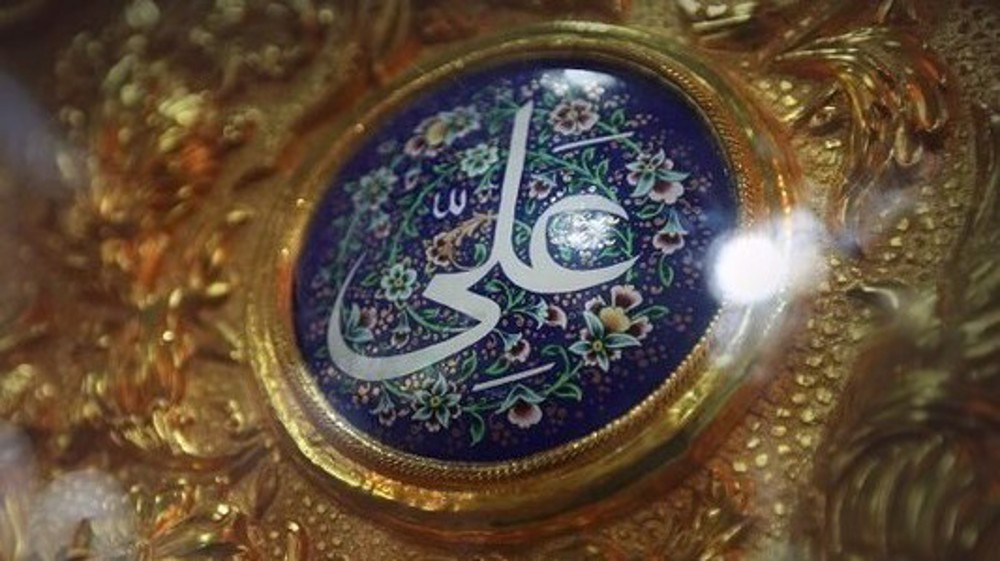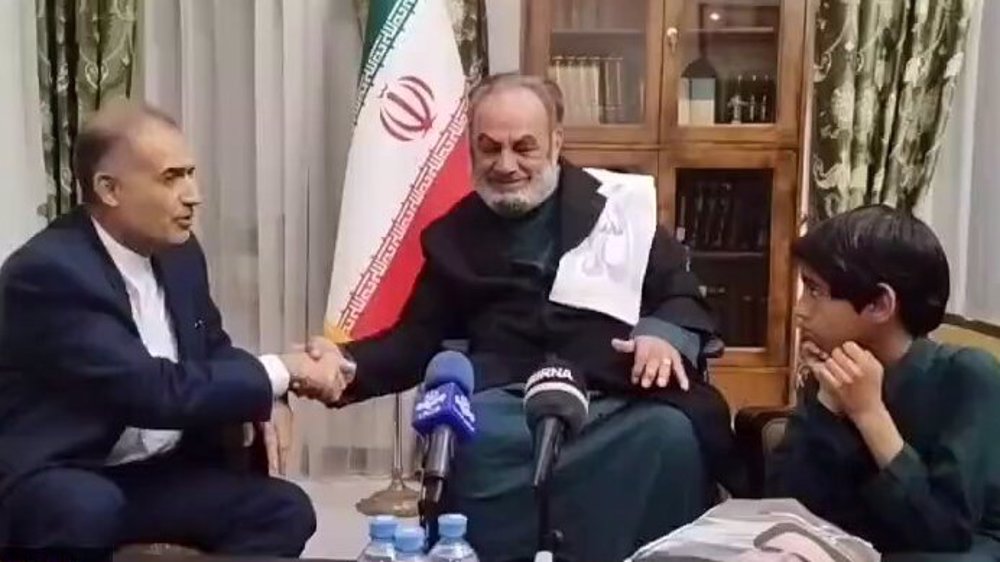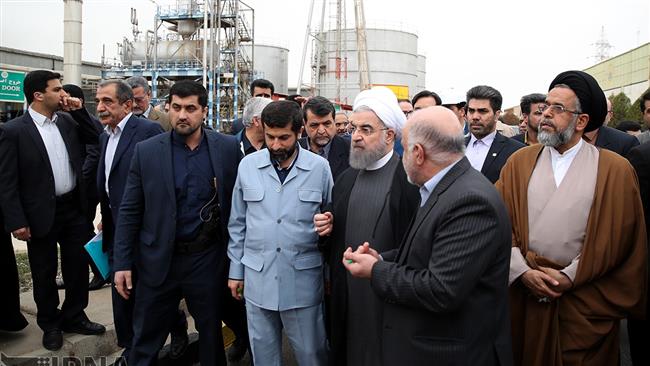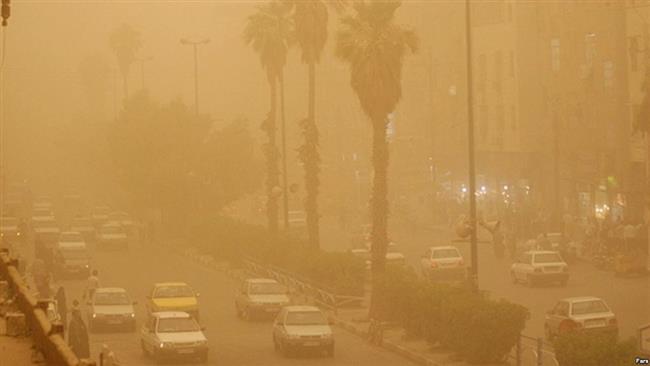Iran official urges pressure on Turkey over dams
An Iranian official has urged active diplomacy with Turkey towards tackling the problem of dust storms, which chronically blight regional states as a result of Ankara’s massive dam building projects.
As part of its Southeastern Anatolia Project known as GAP, Turkey has built 22 dams on the Tigris and Euphrates rivers, which also run across Syria, Iraq and Iran.
The project has reportedly reduced water flow in the rivers’ basin by 34 percent and caused 94 percent of the Mesopotamia to dry up, kicking up dust storms in Syria and Iraq which head to Iran and cripple life in its southwestern and western provinces.

Hedayat Fahmi of Iran’s Energy Ministry said on Sunday Turkey was exacerbating the situation by continuing to build more dams, leaving more parched river basins which become new breeding grounds for dust storms.
This becomes more palpable if we consider that the dams hold back as much as 100 billion cubic meters of water, half of which is harnessed in the country’s Ataturk Dam.
The project, which is executed by US, German and Israeli firms among others, is due to provide water for up to two million hectares of arable lands in Turkey and boost the country’s electricity production by 7,500 megawatts.
‘Water wars likely’
Expert projections, Fahmi said, hold that the Middle East would be losing as much as 10 percent of its water resources by 2045. Over the same period, the demand for water in the region would increase by 60 percent, he said, adding this could even lead to regional wars.
“To tackle the problem of fine particles in the country, the four countries are needed to interact and engage in water diplomacy toward ensuring their entitlement to joint water resources,” Fahmi said.
The official said given that Iraq and Syria are faced with security and social predicaments, Iran should take a more active role in diplomatic efforts.
Regional cooperation on the matter stalled in 2011 when terrorism and conflicts began to blight the two Arab countries.
Back in March, Iran sent a letter to UN Secretary-General Antonio Guterres, calling for the creation of a regional task force to address the pressing issue of dust storms in the region.

Read more:
In February, Iranian President Hassan Rouhani visited Khuzestan after the province was hit by dust storms and power blackouts.
Social networks were filled with images of the suffering along the Iraqi border, prompting Leader of the Islamic Revolution Ayatollah Seyyed Ali Khamanei to say that "what has happened in Khuzestan province has caused heartache for any human being”.
Jan. 15: ‘Axis of Resistance’ operations against Israeli occupation
VIDEO | US fires: Criticism mounts over govt. failure to respond
VIDEO | Fears, hope in Gaza amid intensified ceasefire efforts
VIDEO | Press TV's news headlines
Hamas: Ceasefire agreement result of steadfastness, resistance in Gaza over 15 months
Hamas thanks Iran, Resistance Front following achievement of ceasefire in Gaza
'Capitulation': Israeli officials and media concede Gaza defeat as truce unfolds
'Gaza has won': Social media users react to ceasefire with mix of relief, joy













 This makes it easy to access the Press TV website
This makes it easy to access the Press TV website